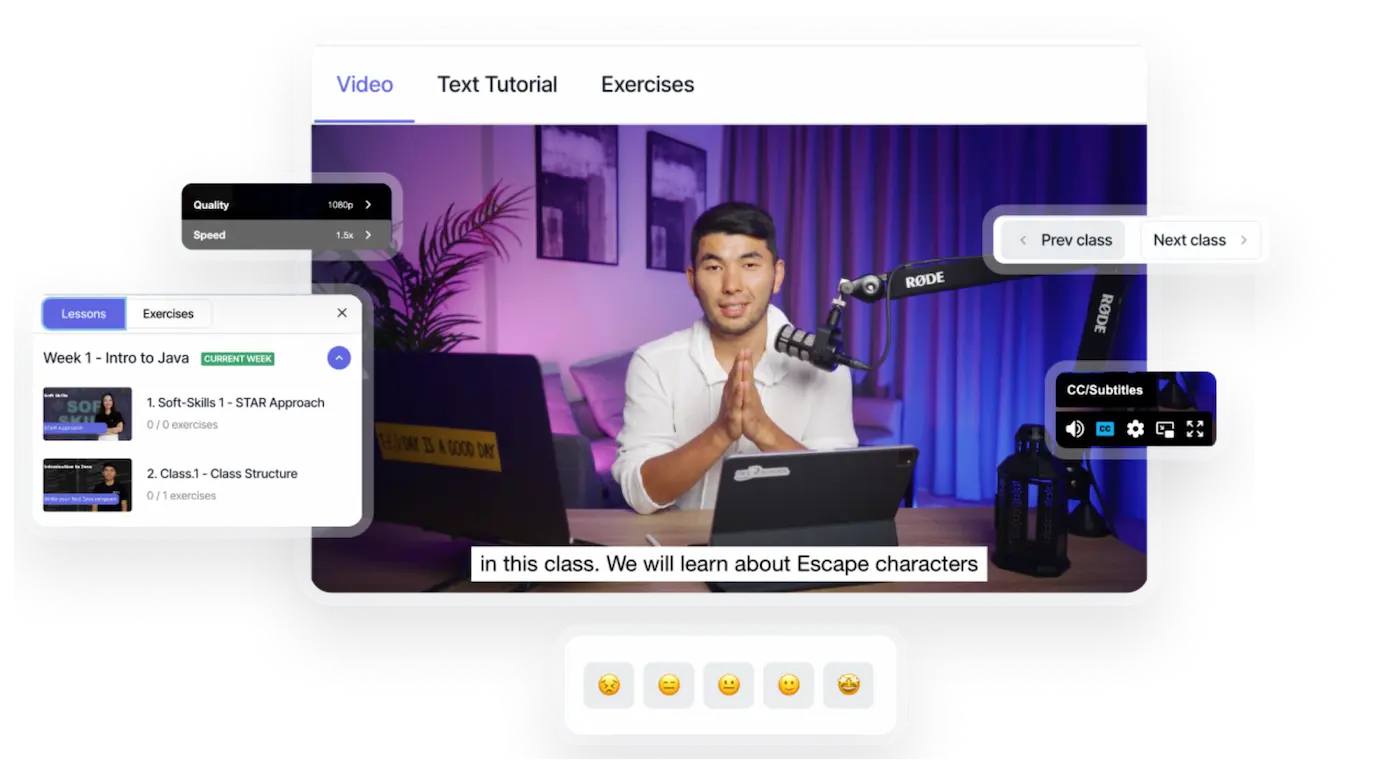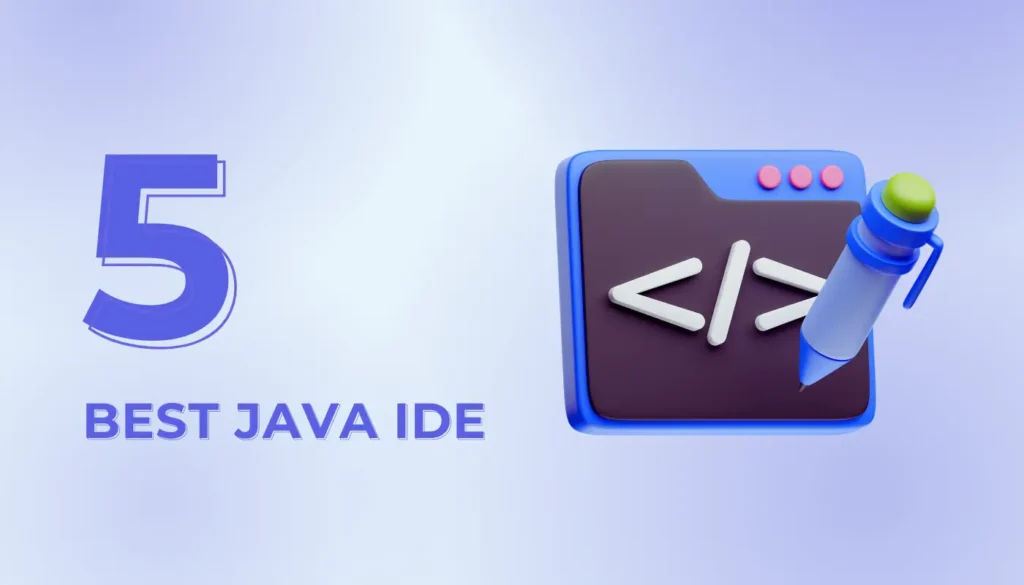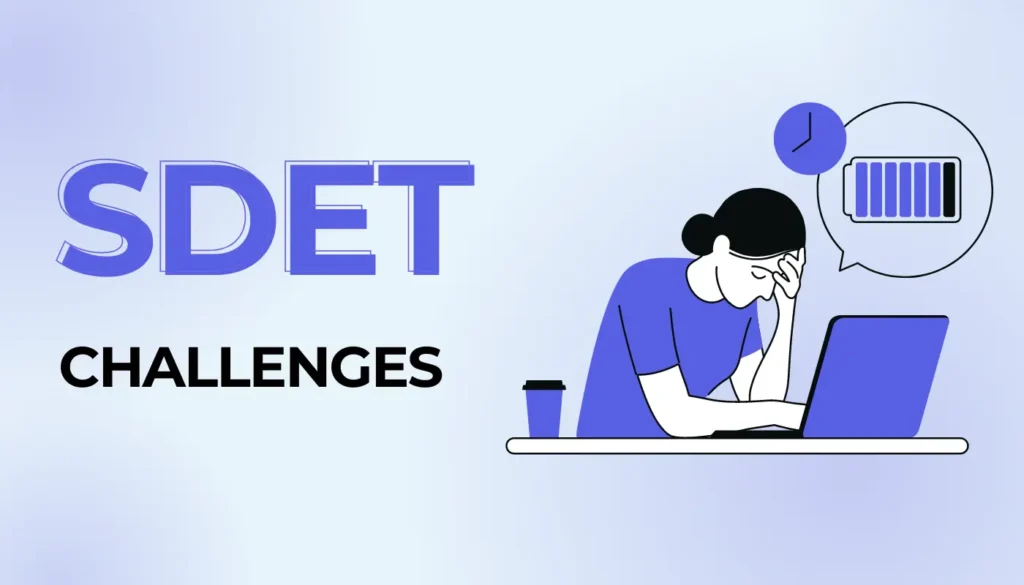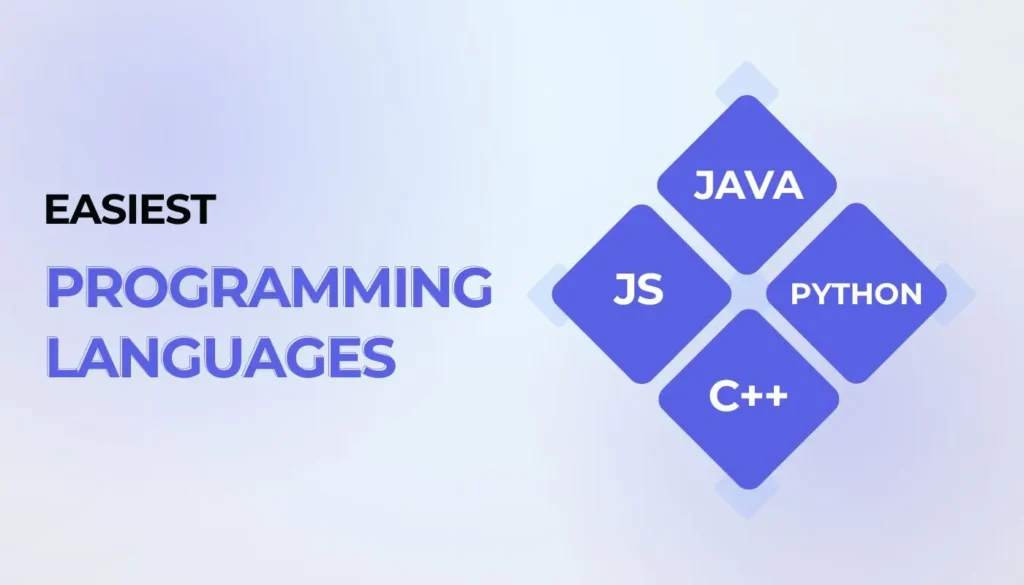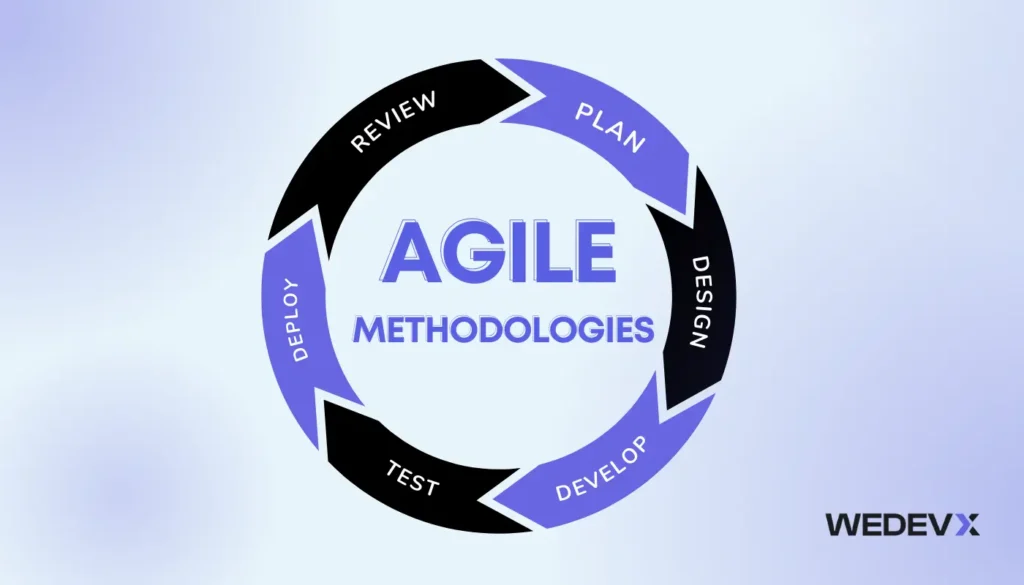Introduction
In the ever-evolving realm of software development and testing, the role of a Software Development Engineer in Test (SDET) has gained significant prominence. In 2024, the demand for skilled SDETs is higher than ever, making it essential for aspiring professionals to grasp the skills and attributes required to thrive in this role. This article delves into the crucial technical and nontechnical skills necessary for excelling as an SDET in the current landscape.
4 Technical Skills for an SDET Job in 2024
In the fast-paced world of software development and testing, possessing a strong foundation of technical skills is vital for a Software Development Engineer in Test (SDET). Here are the key technical competencies necessary to excel in this role:
1) Programming Languages and Frameworks
Proficiency in programming languages like Java, Python, C#, or others, coupled with a deep understanding of various automation frameworks such as Selenium, Appium, or JUnit, is a cornerstone of SDET roles. Being adept at choosing the right language and framework for specific testing needs is a valuable skill.
2) Understanding of Automation Tools
SDETs must have a comprehensive understanding of automation tools that aid in efficient test script creation, execution, and reporting. Tools like Selenium WebDriver, JUnit, TestNG, and similar technologies are fundamental for automating tests and achieving continuous integration.
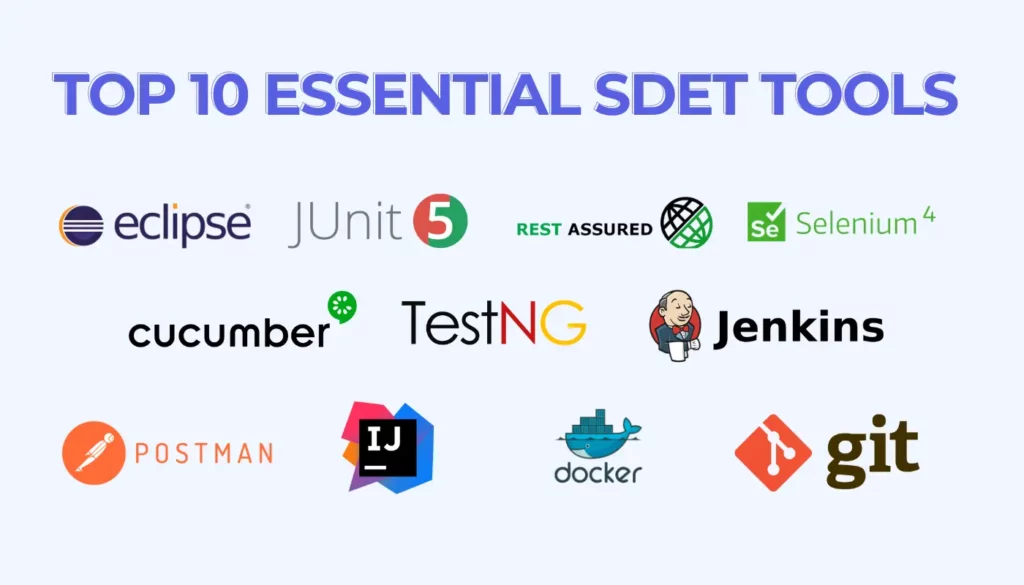
Make sure to read more about essential SDET tools here!
3) Automation Frameworks
Expanding on the understanding of automation tools, SDETs need to have a strong grasp of automation frameworks. This includes knowledge of behavior-driven development (BDD) frameworks like Cucumber, data-driven, and hybrid frameworks. Understanding when and how to implement these frameworks is crucial for effective test automation.
4) Knowledge of Performance Testing
In the modern software landscape, performance testing is integral to ensuring that applications perform optimally under varying conditions. An SDET should possess a good understanding of performance testing concepts and tools such as JMeter, LoadRunner, or Gatling.
Non-technical Skills for an SDET Job in 2024
While technical prowess is crucial, non-technical skills are equally important to thrive as a Software Development Engineer in Test (SDET). Here are key non-technical competencies necessary for success:
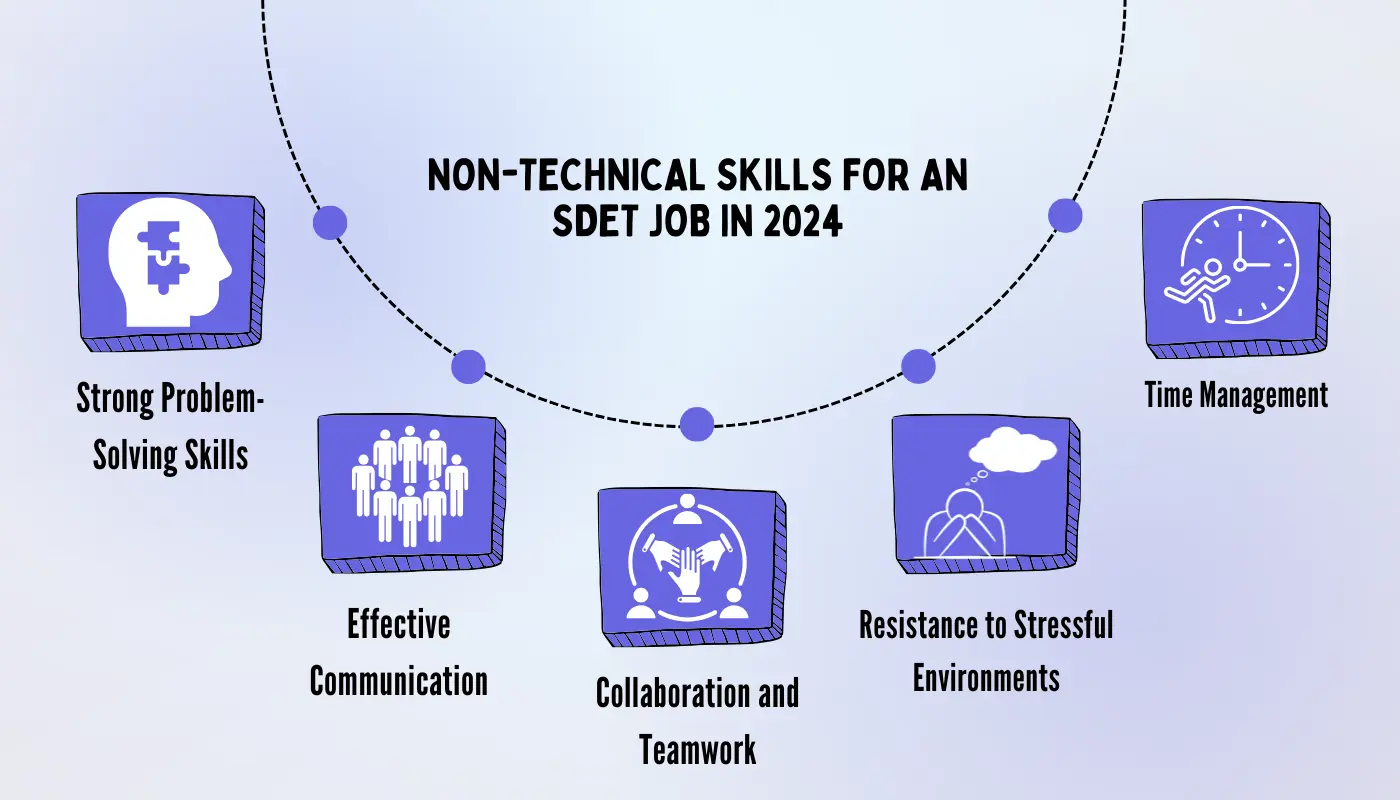
1) Strong Problem-Solving Skills
SDETs often encounter complex scenarios that require quick and effective problem-solving. Being able to analyze issues, identify their root causes, and devise efficient solutions is a skill highly valued in the world of software testing.
2) Effective Communication
The ability to communicate clearly and effectively is paramount for SDETs. This involves not only articulating technical concepts to diverse stakeholders but also actively listening to feedback, collaborating within the team, and ensuring everyone is on the same page regarding testing goals and strategies.
3) Collaboration and Teamwork
SDETs typically work in close collaboration with developers, quality assurance teams, product managers, and others involved in the software development process. Being a team player and effectively collaborating with cross-functional teams is vital for successful test automation and product quality.
4) Resistance to Stressful Environments
In the fast-paced realm of software development, projects often come with tight deadlines and high-pressure situations. SDETs need to maintain composure, stay focused, and deliver high-quality results even under stressful circumstances.
5) Time Management
Effective SDETs are masters of their time. They prioritize their tasks, ensuring the most critical notes of testing get the spotlight first. They understand that effective time management is the key to a well-composed software piece. Don’t mess around with deadlines, nobody likes that.
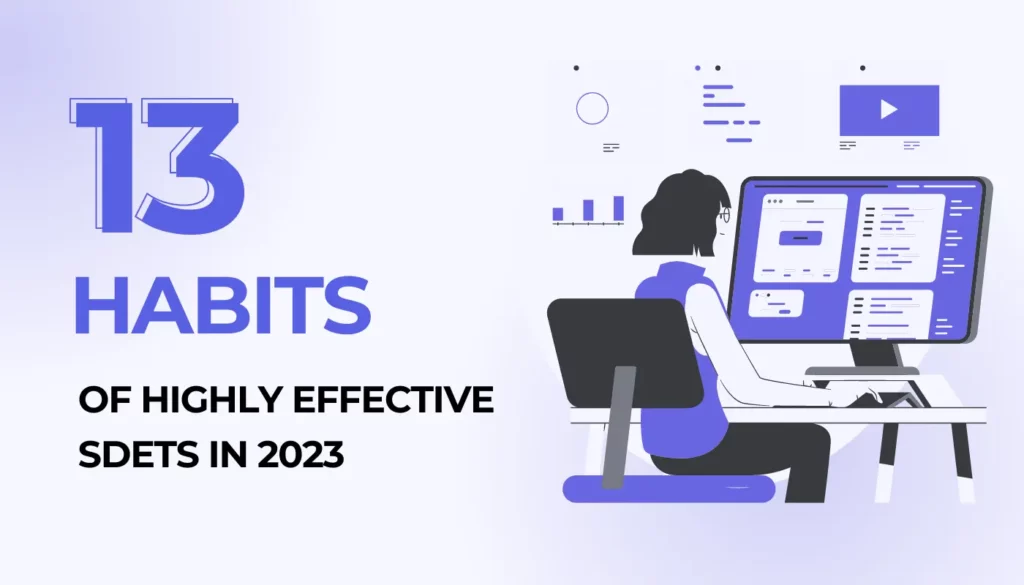
Find out more about other 13 habits of a successful tester in this article!
Essential Knowledge Areas for an SDET in 2024
SDETs require a broad spectrum of knowledge to effectively contribute to software development and testing. Here are critical knowledge areas for an SDET job in 2024 (or in any other year, to be honest):
1) Programming Languages
Proficiency in programming languages like Java, Python, C#, or JavaScript is fundamental. A strong grasp allows SDETs to develop robust automated tests and tools.
2) Web Technologies
Understanding web technologies like HTML, CSS, and JavaScript is crucial for testing web applications. Knowledge of browser behavior and capabilities is also beneficial.
3) Understanding of Automation Framework
SDETs must comprehend different automation frameworks such as Selenium, Appium, or JUnit. This understanding aids in selecting the most suitable framework for the project and optimizing test automation efforts.
4) Knowledge of Performance Testing
An understanding of performance testing concepts, SDET tools, and methodologies, such as JMeter or LoadRunner, is vital to ensure software applications meet performance expectations under various conditions.
AI POWERED
CODING PLATFORM
- DEVXAI ASSISTANT
- 300+ CODING EXERCISES
- REAL-LIFE CODING EXERCISES
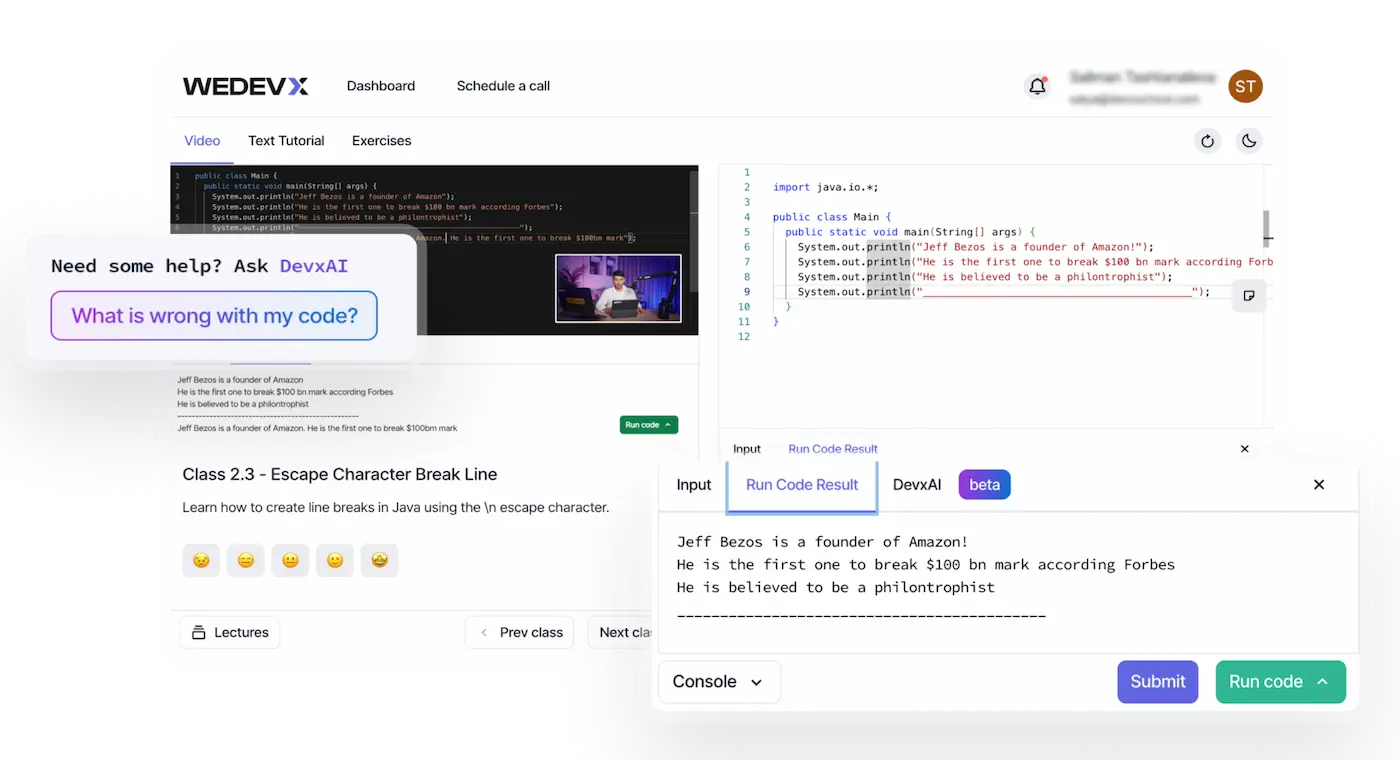
Continuous Learning and Adaptability
The tech industry is ever-evolving, and SDETs need to stay ahead of the curve. Continuous learning and adaptability are essential aspects of thriving in the role of an SDET: Always aspire to learn something new, who knows, it might be the new standard tomorrow!
1) Keeping Abreast of Emerging Technologies
Staying updated with the latest trends, tools, and technologies in software development and testing is crucial. SDETs need to invest time in learning new programming languages, testing frameworks, and emerging trends like AI in testing.
2) Engaging in Professional Development
Participating in workshops, webinars, conferences, and online courses related to testing, programming, and software development keeps SDETs informed about industry advancements and provides opportunities for skill enhancement.
3) Readiness to Adapt to Change
The ability to adapt swiftly to new tools, methodologies, or changes in project requirements is a hallmark of a successful SDET. Being open to change ensures efficiency and effectiveness in test automation.
Enhancing Skills and Expertise: Wedevx SDET Courses

Acquiring and honing these skills equips SDETs to excel in their role, effectively contributing to both software development and quality assurance processes. For those aspiring to advance their careers and master the skills crucial for an SDET role in 2024, Wedevx offers specialized training courses. Wedevx’s courses cover a wide array of technical and non-technical skills, including programming languages, automation frameworks, performance testing, and problem-solving. With expert instructors and a practical-oriented approach, Wedevx ensures that participants gain the knowledge and confidence needed to thrive in the dynamic landscape of software development and testing.
Conclusion
Being an SDET demands a multidimensional skill set in today’s dynamic technology landscape. Technical skills, such as programming proficiency, automation tool expertise, and understanding of automation frameworks, are foundational. Additionally, knowledge of version control systems like Git and an understanding of performance testing are paramount for comprehensive testing processes. Non-technical skills, including problem-solving abilities and resilience in a high-stress environment, are equally vital.
In conclusion, excelling as an SDET in 2024 demands continuous learning, adaptability, and a passion for quality. Stay updated with the latest trends, master the essential skills, and embrace the evolving software development landscape.


